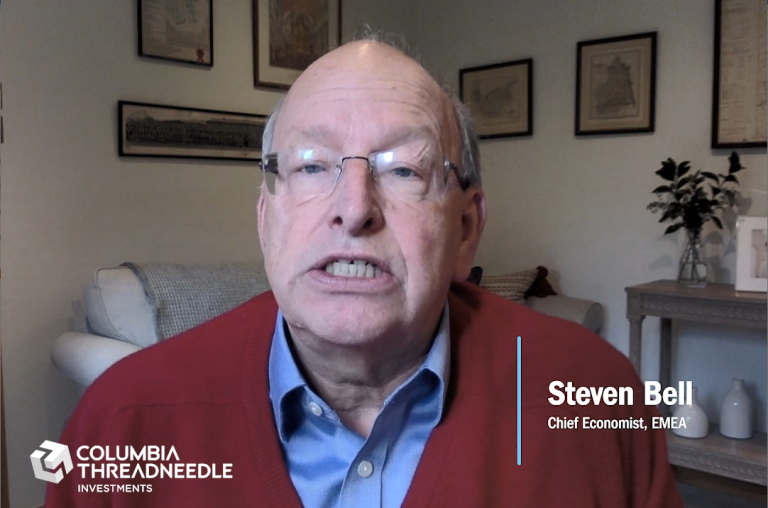The UK’s reputation as a well-managed economy has suffered badly under Liz Truss’s premiership. In this week’s macro update we take a step back to try to assess where the economy, interest rates and sterling are headed. And as a warning, it’s not good news.
Kwasi Kwarteng’s reckless budget of tax cuts (and cancellation of tax hikes) may have been ripped up and we do think the new Chancellor has a reasonable chance of restoring a degree of confidence in the UK and its financial institutions. However, the background in terms of base rates and the economy has changed radically for both domestic and international reasons.
There has been a big increase in expected interest rates overseas. Back in July the US labour market seemed to be easing. Weekly unemployment claims had started rising. The markets were looking for a pivot toward easier monetary policy from the Federal Reserve, with cuts in the funds rate expected to start next spring. But that was a false dawn. Weekly unemployment claims reversed course and US inflationary fears rose.
The interest rate expected, for the middle of next year, in the US, has jumped by almost 2 percentage points. European interest rates are lower of course but they too have jumped by 2 percentage points over the same period. This all puts upward pressure on UK interest rates and downward pressure on sterling.
With recession looming in the UK, as a result of the surge in energy prices, many forecasters, including the Bank of England, had thought this would snuff out inflationary pressures so that base rates would have to rise only modestly. Liz Truss’s scheme to cap energy prices changed all that. Coupled with the loss of confidence, due to the ill-judged fiscal policy, the markets have now decided that UK base rates have to rise even faster than interest rates in Europe and the US.
At one point, just after Kwasi Kwarteng’s budget, base rates were expected to hit 6.25% next spring. That has now come down to a shade over 5%. But that’s still bad news for the housing market which was already weakening. The market turmoil following Kwasi Kwarteng’s budget has led to numerous sales falling through, and house prices are set to fall. Past experience suggests that this will be a slow and painful process. A serious and enduring drag on the economy.
By capping energy prices, Liz Truss averted a serious recession over the winter. I welcome the policy. But, it is a massive open-ended subsidy and the associated rise in interest rates means that recession is still our central scenario.
In normal times, higher UK interest rates would strengthen sterling, however, it remains vulnerable. We have a massive current account deficit, confidence in the UK has been damaged and interest rates are rising overseas. Despite the healthy bounce from the lows of three weeks ago, I’m still negative on sterling and expect it to fall through parity this winter.



